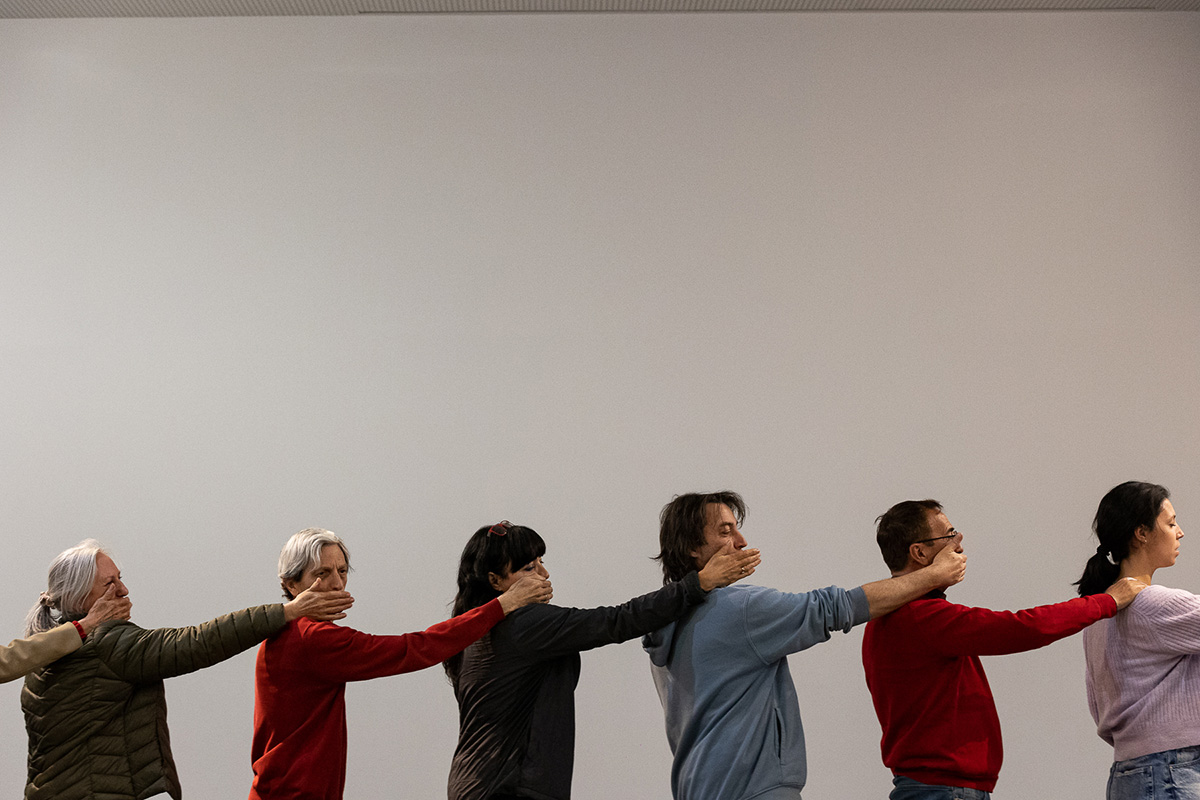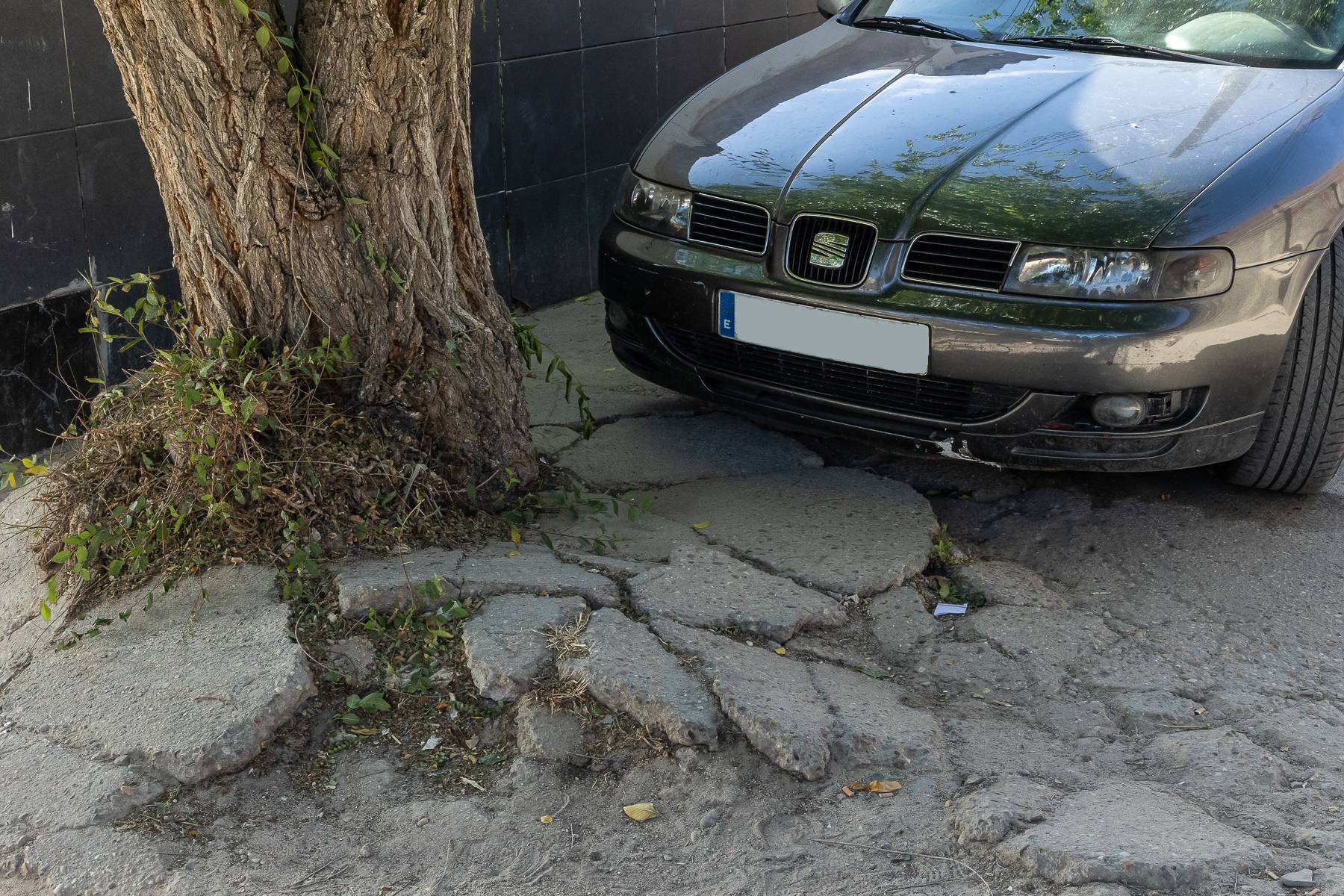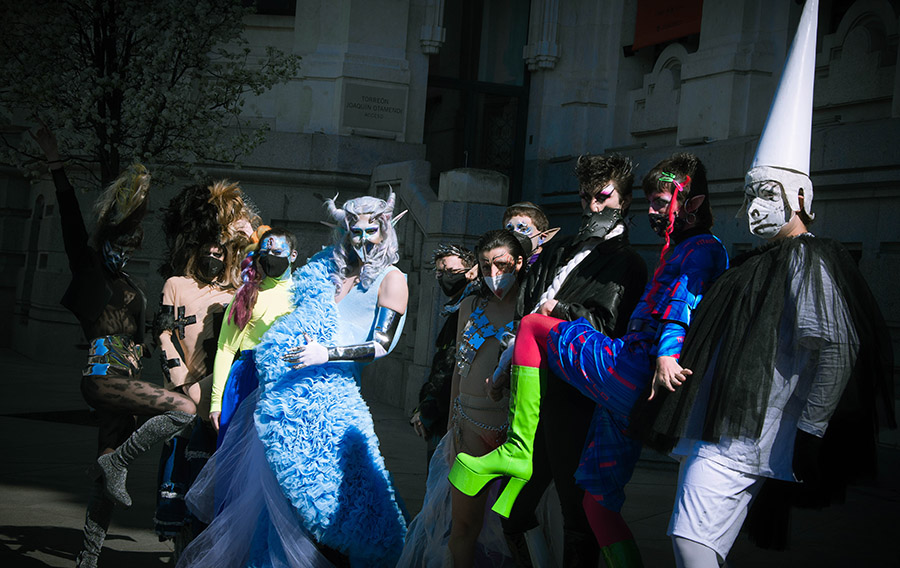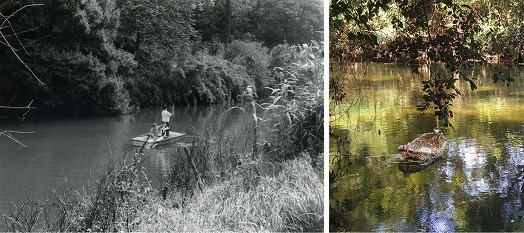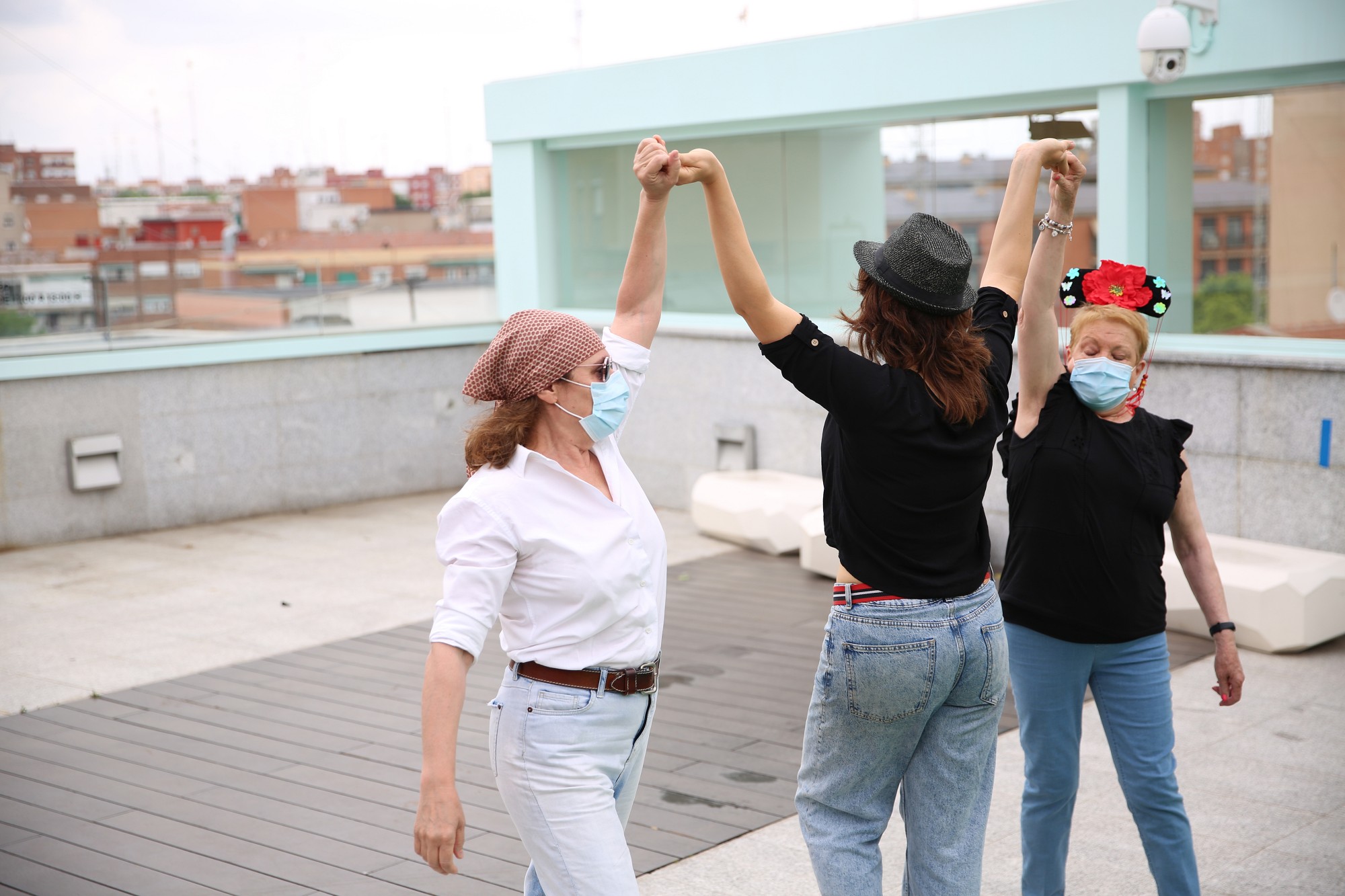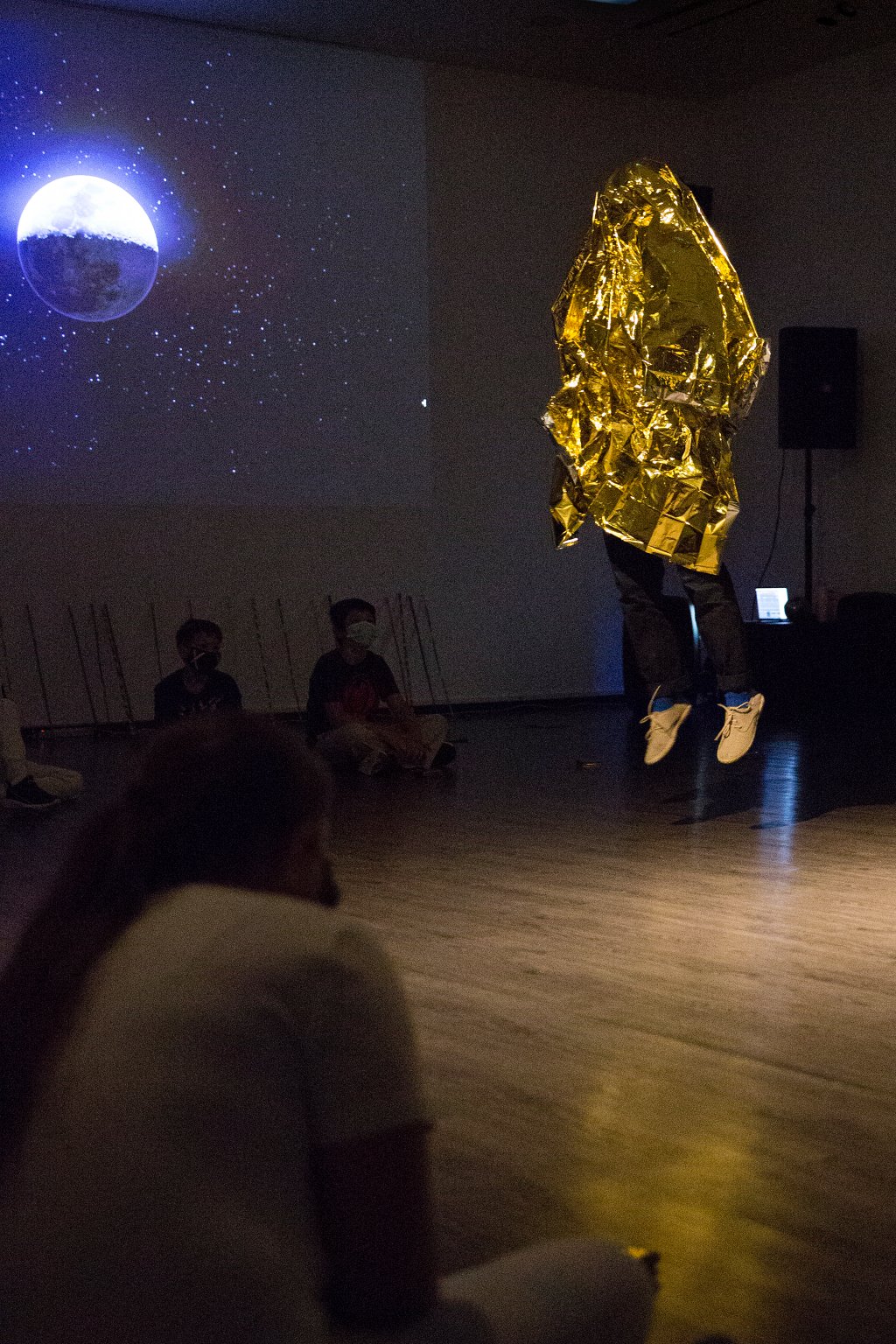Odd Dance is a workshop where you can practise typical partner dances as part of a trio. It is designed for all types of individuals who have had all kinds of experiences on dance floors and in nightclubs and ballrooms. Dancing in threes means we will have to arrange ourselves in a different way, and the resulting movements and dances will be radically new.
Throughout this workshop, many of the binary assumptions that have accompanied the history of dance and dancing will be questioned. Its main objective is to find other ways of connecting with dance and its history, in order to enjoy the most beautiful and vital aspects that dancing as a community offers us: the pleasure of feeling part of something shared, the joy the body feels when it is moved, the surprise felt when the invisible and the unknown become manifest, the magic that comes from bodies being in tune with the world, the sensation of creating meaning as we dance.
Oihana Altube is a dancer and choreographer who is trained in Dance Movement Therapy. She works on the margins of Dance and the Living Arts.
The previous editions of Odd Dance were facilitated by Tania Arias and Mónica Valenciano.
Maximum capacity: 40 people
Odd Dance is a workshop where you can practice in trio classic couple dances. It is aimed at all types of bodies that have had all kinds of experiences in dance floors, nightclubs and lounges.
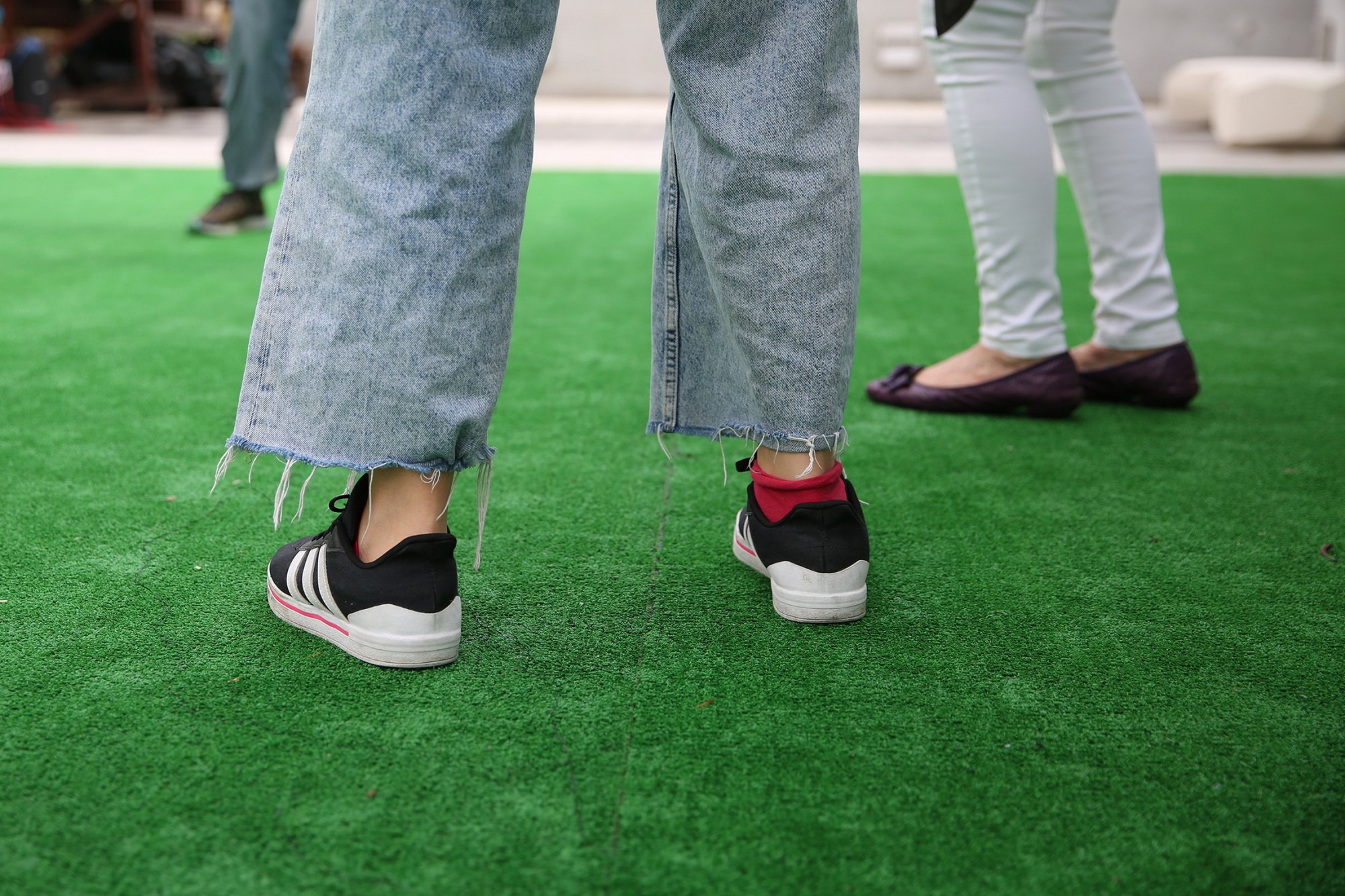
Image: Sue Ponce
